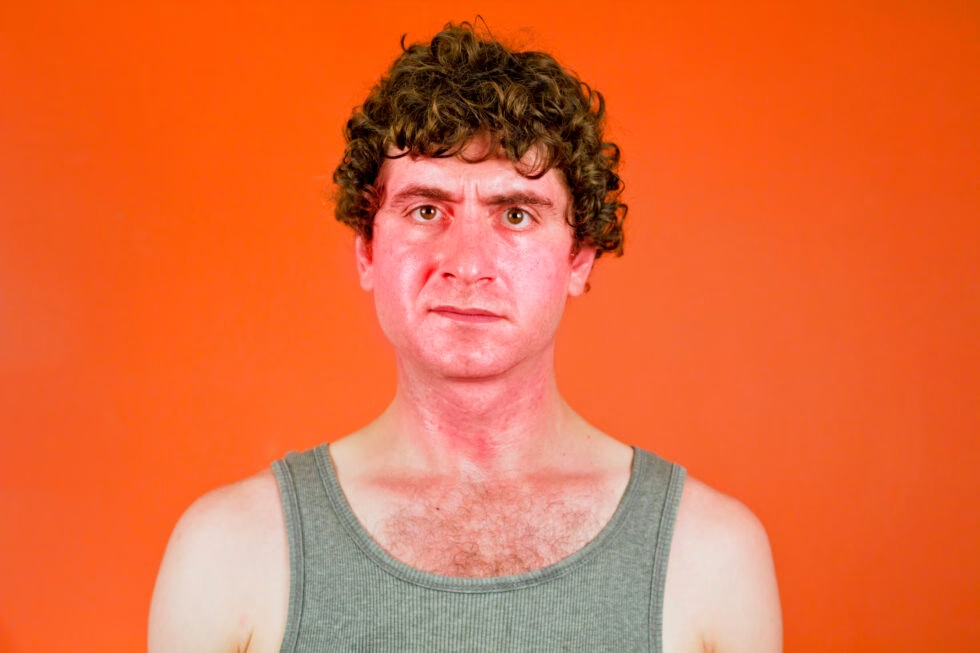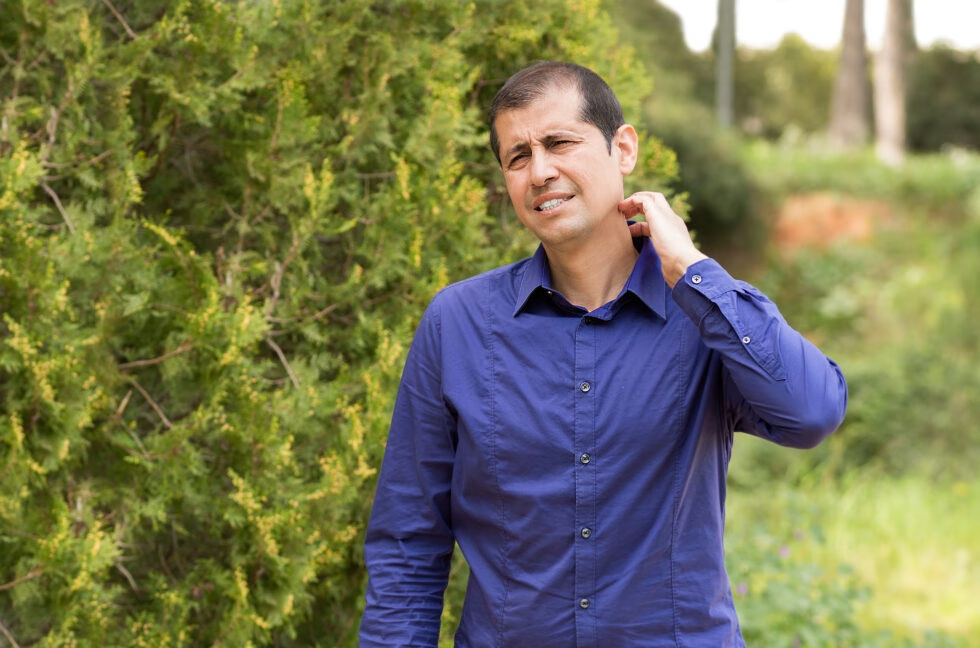
Is your sunburn blistering or painful to the touch? It might be time to check into our urgent care in Hickory. No appointments necessary!
Summer in Hickory means kayaking and canoeing at Rotary-Geitner Park, baseball games at L.P. Frans Stadium, and long walks on the Hickory Trail. But with all that sun comes one of the season’s most common health complaints: the dreaded sunburn.
Most of the time, sunburns are a mild inconvenience. They’re red and sore and peel after a few days. But sometimes, a sunburn is more than just a burn. In fact, it can lead to serious health concerns like dehydration, infection, or heat-related illnesses.
So how do you know when it’s time to put down the aloe and seek professional help instead?
First, What’s Actually Happening When You Get a Sunburn?
A sunburn is your body’s way of responding to UV (ultraviolet) damage. When your skin absorbs too much sun, especially UVB rays, it damages the DNA in your skin cells. Your immune system reacts by sending blood to the area, causing redness, swelling, and pain.
Most sunburns heal on their own with simple care: cool compresses, aloe vera, hydration, and over-the-counter pain relievers like ibuprofen.
But when a sunburn is severe, or your body reacts in certain ways, it can become a medical issue that shouldn’t be ignored.
Warning Signs Your Sunburn Needs Medical Attention
If you’re noticing any of the symptoms below, it’s a sign that your sunburn might be more serious than it looks, and you should consider visiting urgent care.
1. Blistering Over a Large Area
Small blisters may form with moderate burns and typically heal on their own. But if you develop large, painful blisters across wide areas of your body, that’s a red flag.
Blisters indicate second-degree burns, and they can increase your risk of infection, particularly if they pop or break open. Avoid picking at them, and come see a provider if they cover:
- Your face
- Hands or feet
- Your chest, back, or a significant portion of your arms or legs
2. Fever, Chills, or Nausea
A sunburn shouldn’t make you feel like you’ve got the flu. If you’re experiencing fever, chills, dizziness, nausea, or vomiting, it may be a sign that your body is overwhelmed.
This could be a sign of sun poisoning or even heat exhaustion. These symptoms require prompt care, especially if you’re also feeling:
- Weak or faint
- Confused or disoriented
- Severely fatigued or unable to keep fluids down
3. Signs of Dehydration
Sunburns pull fluid to the surface of your skin, and that can leave the rest of your body short on what it needs. If you’re noticing:
- Dry mouth
- Headaches
- Dark-colored urine
- Lightheadedness
…you may be dealing with dehydration, which can be serious if not treated. Rehydration and medical supervision may be needed to get you back on track.
4. Infection Risk
Blisters or broken skin from a sunburn can become infected, specifically if they weren’t cleaned properly or have been exposed to bacteria.
Seek medical attention if you notice:
- Oozing or pus
- Spreading redness or warmth
- Swelling that’s getting worse
- A fever along with these symptoms
Infections can spread quickly and are best treated early with the right medication.
So… When Should You Come to AFC Hickory?
If you’re dealing with any of the above symptoms, or if your sunburn is just not improving after a few days, we’re here to help.
Our walk-in clinic is open 7 days a week with on-site providers who can assess the severity of your burn, clean and bandage wounds, and treat complications like infection or dehydration.
Preventing Serious Sunburns in the First Place
A little prevention goes a long way, especially in the North Carolina heat. Here are a few sun-smart tips to help you and your family avoid a trip to urgent care (as much as we enjoy seeing you).
- Apply sunscreen (SPF 30+) 15–30 minutes before going outside, and reapply every 2 hours.
- Wear lightweight, long-sleeved clothing and wide-brimmed hats for outdoor activities.
- Take breaks in the shade or indoors, mainly between 10 a.m. and 4 p.m.
- Drink plenty of water throughout the day to stay ahead of dehydration.
- Be extra cautious on cloudy days, UV rays can still cause burns even when the sun isn’t shining brightly.
Final Takeaways
We all love a summer spent outside, but don’t let a sunburn ruin it. Keep an eye on how your skin and your body are responding, and don’t hesitate to get care if something feels off.
At AFC Hickory, we’re here to help you bounce back quickly so you can enjoy your summer safely.

